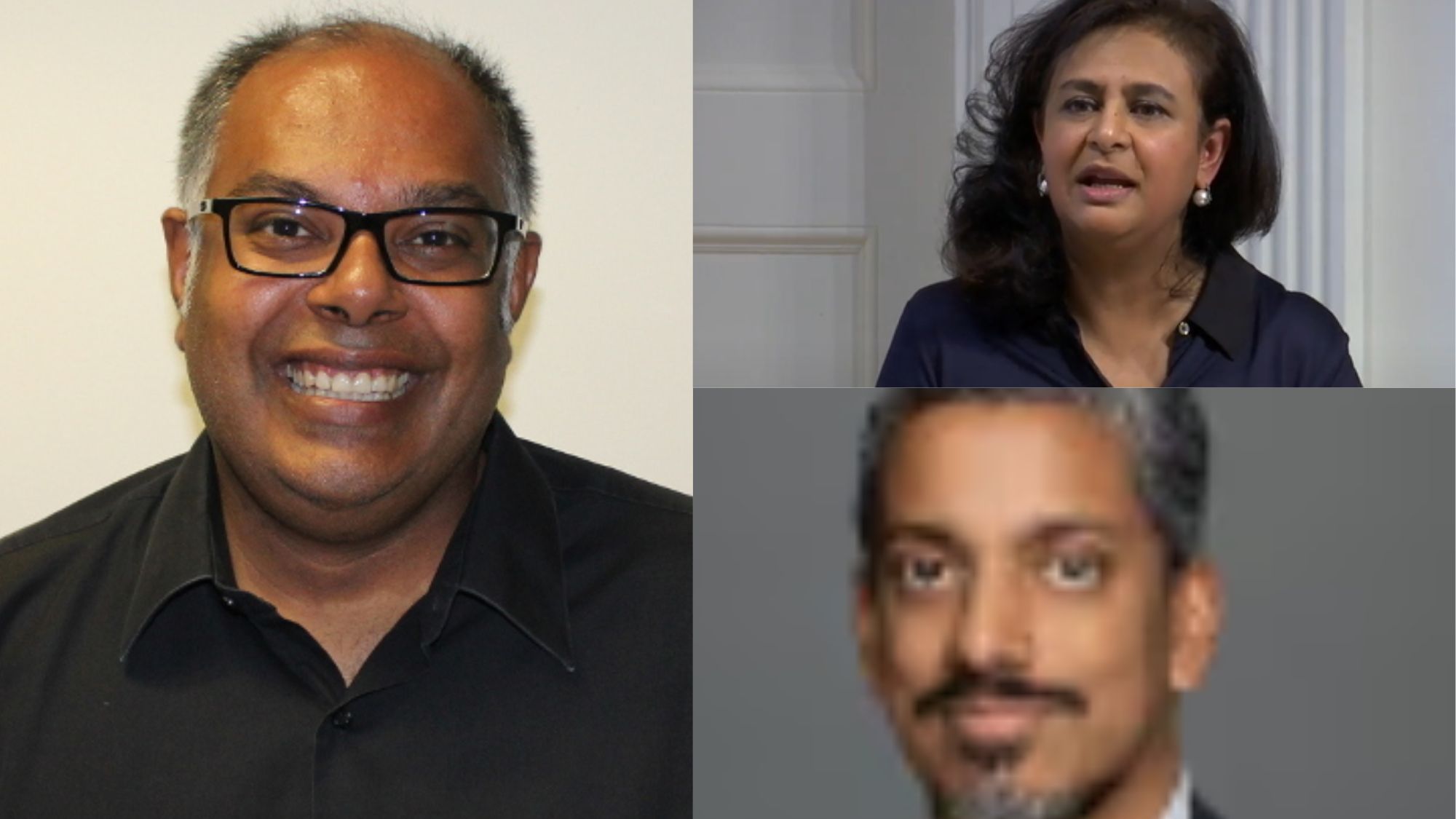WASHINGTON (Diya TV) — Four Indian American scholars and a journalist are among this year’s distinguished recipients of the 2024 John Simon Guggenheim Memorial Fellowships, the John Simon Guggenheim Memorial Foundation announced. The fellowships, awarded annually since 1925, recognize individuals whose work demonstrates exceptional capacity for productive scholarship or creative ability in the arts.
This year’s class — the Foundation’s 100th — includes 198 fellows selected from nearly 3,500 applicants across 53 disciplines, representing 83 academic institutions and 32 states in the U.S., as well as two Canadian provinces. Fellows range in age from 32 to 79, and notably, more than one-third of this year’s awardees do not hold full-time academic posts, according to the Foundation.
The 2024 Indian American fellows include Dr. Swarat Chaudhuri, Dr. Saurabh Jha, Dr. Tulasi Srinivas, and journalist Bijal Pravin Trivedi — each recognized for work that not only advanced their fields but also shows significant potential for future impact.
“At a time when intellectual life is under attack, the Guggenheim Fellowship celebrates a century of support for the lives and work of visionary scientists, scholars, writers, and artists,” said Edward Hirsch, award-winning poet and president of the Guggenheim Foundation, in a press release. “We believe that these creative thinkers can take on the challenges we all face today and guide our society toward a better and more hopeful future.”
Chaudhuri, a professor of computer science at the University of Texas at Austin, is developing artificial intelligence systems that aim to co-author research papers alongside human mathematicians. His lab has already built an AI agent named Copra, which uses large language models to predict the next step in proving mathematical theorems. With the Guggenheim Fellowship, Chaudhuri plans to expand that work, designing AI tools capable of proposing original math problems and evaluating the novelty of their solutions — a leap toward human-machine collaboration in scientific discovery.
At Rutgers University, physicist Saurabh Jha focuses on the mysteries of Type Ia supernovae — exploding white dwarf stars. His observational research is helping scientists better understand these cosmic phenomena, which serve as critical tools for measuring the expansion of the Universe. Jha’s academic path has included prestigious appointments as a Panofsky Fellow at Stanford and a Miller Fellow at UC Berkeley, following graduate research at the Harvard-Smithsonian Center for Astrophysics.
Tulasi Srinivas, a professor at Emerson College’s Marlboro Institute for Interdisciplinary Studies, explores comparative ethics, Hinduism, and religious ecology in a post-colonial context. Srinivas, a fellow of the Royal Asiatic Society and Indian Sociological Society, focuses her research on the interplay between climate justice and spirituality, most recently exploring water and environmental stewardship in Bangalore, India — her hometown. She is the author and editor of six books and more than 30 peer-reviewed articles.
Bijal P. Trivedi, a Washington-based journalist and senior science editor for National Geographic, rounds out the quartet. Trivedi specializes in long-form features on biology, medicine, and health. Her book, Breath from Salt: A Deadly Genetic Disease, a New Era in Science, and the Patients and Families Who Changed Medicine Forever, highlights the global impact of scientific breakthroughs in cystic fibrosis treatment. Her work has appeared in New Scientist and The Best American Science and Nature Writing, and she previously taught at New York University’s Science, Health and Environmental Reporting Program.
The Guggenheim Fellowships provide each recipient with a financial grant to pursue independent projects under what the Foundation calls “the freest possible conditions.” Since its founding by U.S. Senator Simon Guggenheim and his wife, Olga, in memory of their late son, the program has helped support more than 18,000 artists, writers, scholars, and scientists, many of whom have gone on to earn Nobel Prizes, Pulitzer Prizes, and other top honors.




